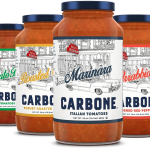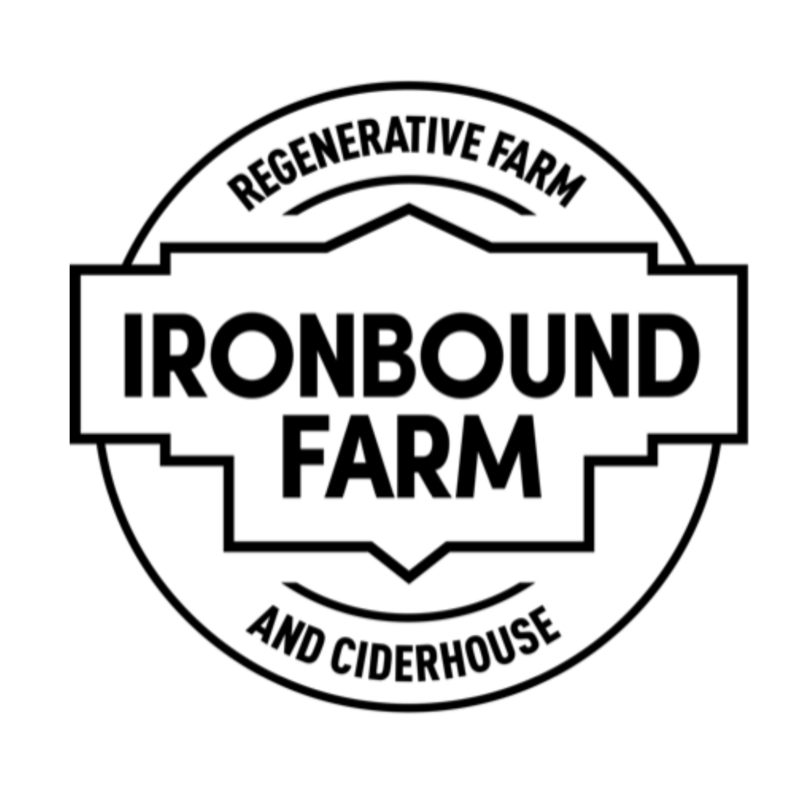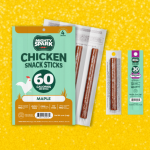Following Rebrand, Schoolyard Snacks Raises $5M to Expand Keto Snack Platform
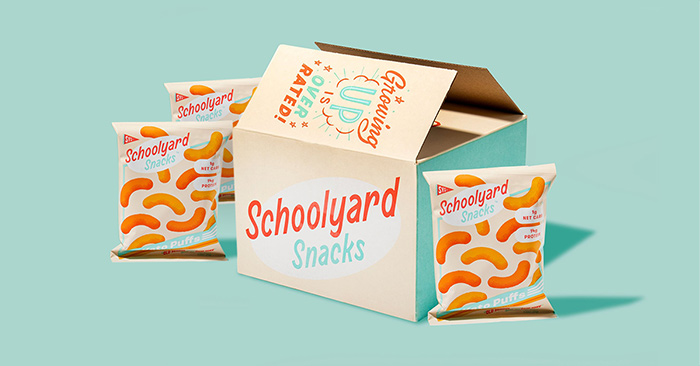
After a rebrand and expansion into savory snacks earlier this year, direct-to-consumer keto brand Schoolyard Snacks has raised $5 million in a Series A funding round from Lyra Growth Partners as it builds out a platform of “old school snacks made the new way.”
The company has been completely self-financed up to this point. Co-founder and CEO Dylan Kaplan said he and co-founder Helen Guo wanted to maintain more control and grow in a way they “felt comfortable with” before seeking investment. When COVID hit and online sales increased as more consumers shifted their grocery shopping online, Kaplan said it was clear that the brand had “only reached the tip of the iceberg” of the sales it could be doing in the direct-to-consumer channel, and felt it was the right time to seriously consider investment inquiries they had received.
Lyra Growth Partners, whose founder and president Charles Chang was the founder of plant-based nutrition company Vega, will lend a “unique combination of experiences” both in the direct-to-consumer and retail channels that will ultimately help Schoolyard Snacks grow, Kaplan said.
Schoolyard Snacks originally launched in March 2019 as The Cereal School with a line of keto-friendly cereal. After growing that line to include seven SKUs, in June it rebranded as Schoolyard Snacks and released its first savory snack option, keto cheese puffs, available in Cheddar Cheese, Flaming Hot and Sour Cream & Onion flavors.
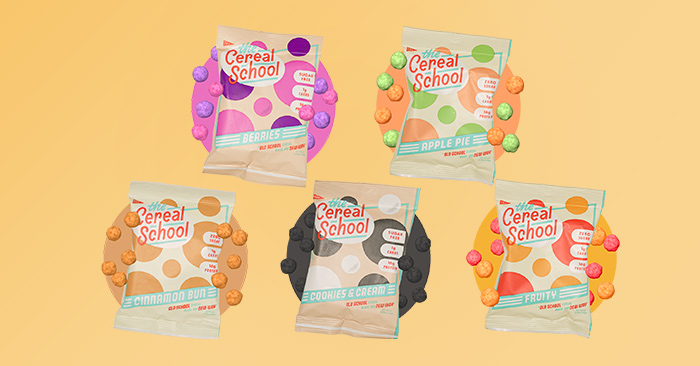
Its rebrand from The Cereal School to Schoolyard Snacks allowed the brand to “evolve” and expand its platform, Kaplan said. The brand plans to use the funding to expand current product lines and as well as launch new offerings that “reinvent nostalgic snacks.” To stay ahead of the rising demand in ecommerce shopping, the company will also expand its warehouse space to prevent quick sellouts of its products. Though the brand’s main focus will be the direct-to-consumer channel, Kaplan said that it is “hard to see retail not happening” for the brand at some point. Still, he added, the brand has “only just scratched the surface” online and is able to develop a loyal following.
“In [traditional] retail, you work through distributors, you put products on shelves, you’re not really having direct conversations with customers,” Kaplan said. “By selling off your own website, you’re having these conversations with real customers and you can ask them, what do they think? What do they like? What do they want to see in the future?”
The brand’s significant social media following, part of its “bootstrapped” approach to marketing, has proved to be a crucial tool in building this community, Kaplan said. Feedback from Schoolyard Snack’s consumer base resulted in the brand’s launch into puffs, a highly requested product, as well as its packaging strategy. Both Schoolyard Snacks’ cereal and puffs are only sold in 100 calories single-serve pouches, offering more portability and portion control. Should the brand launch into retail, Kaplan said they would consider rolling out multi-serve packaging, but there are currently no plans to launch this online.
As the brand doubles down on its presence in the direct-to-consumer channel, competition among keto snack brands has been heating up, with other online-first brands like High Key, Catalina Crunch and Fat Snax also finding success in stores. Schoolyard Snacks, Kaplan said, has been able to remain relevant to consumers by “solv[ing] a problem for the community.” Still, Kaplan said he sees the competition in the keto space as a positive, offering consumers a choice in what was previously a more niche category. Looking ahead to 2021, while he believes that the keto diet itself will continue to see growth, there’s also more long term opportunity in consumers’ overall desire for more health conscious snacking.
“On a larger picture, the trend that to me is as interesting, if not more interesting than the move towards having, whether you call it keto, or whether you call it just trying to be more conscious and aware of what you’re eating and valuing natural ingredients over artificial ingredients, [is] valuing having less sugar, and less carbs,” he said. “That trend, whether you call it specifically keto or something else, is not going anywhere anytime soon.”



